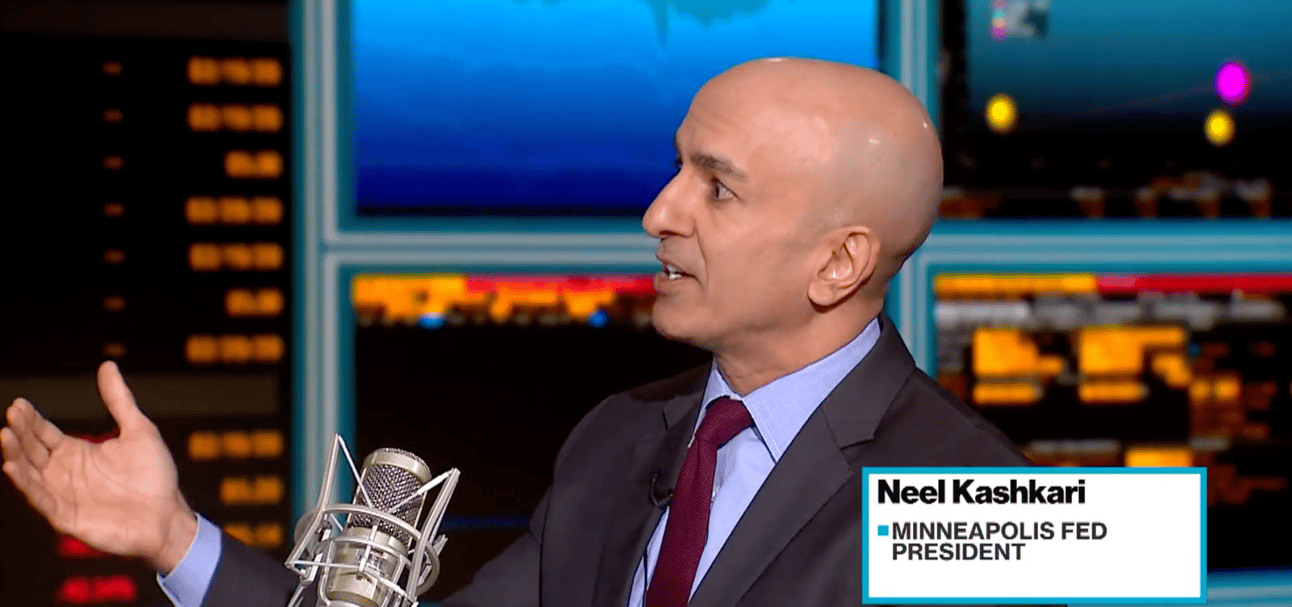- ResiClub
- Posts
- Structural underbuilding, not the Fed, broke the housing market, Fed president Kashkari says
Structural underbuilding, not the Fed, broke the housing market, Fed president Kashkari says
Fed president Neel Kashkari: "We have structurally underbuilt the number of units we need to meet our growing population, and that’s the factor."
Today’s letter is brought to you by Arrived!
Arrived makes it easy to buy shares of rental homes, allowing anyone to earn passive income and benefit from property value appreciation. Simply select from our wide selection of high-quality rental homes and invest anywhere between $100 and $20,000 in each property.
Arrived takes care of the management & operations, so you can sit back and build wealth. Arrived is backed by world class investors including Jeff Bezos & Marc Benioff.
Over the past two years, a growing chorus of observers has contended that the Federal Reserve "broke" the U.S. housing market. The argument goes that ultra-low interest rates during the pandemic, coupled with the shift to hybrid and remote work, led to an overheating of house prices. Once the Fed lost control of inflation and rates surged, causing housing affordability to deteriorate, tens of millions of homeowners with 2% and 3% mortgage rates lost their motivation to move. According to proponents of this theory, this situation could constrain existing home sales and affordability for years to come.
On Tuesday, Bloomberg anchor Jonathan Ferro pressed Neel Kashkari, the president of the Federal Reserve Bank of Minneapolis, on that very question.

Below ResiClub has transcribed their conversation. (To listen, go to the 11:04 minute mark).
Bloomberg: In the space of three years, we’ve had [both] record low interest rates and the highest rates in several decades. Is this housing market broken?
Kashkari: Well, I think since the pandemic we have structurally underbuilt the number of units we need to meet our growing population, and that’s the factor. And that’s really about regulation at the local level that are creating barriers to more supply coming in. The [interest] rate environment will settle out over time, but structurally we have to actually bring a lot more supply online to meet Americans’ needs.
Bloomberg: You say over time [bring more supply online], but it could be like 20 or 30 years. I think this is the issue here, the legacy of this FOMC could well be a generation of people locked out of the housing market.
Kashkari: Why do you say that?
Bloomberg: There could be a generation of people with 2% and 3% mortgages that never sell their home.
Kashkari: Yeah, I don’t know [about that]. People end up needing to move. It’s funny, when people don’t sell their home because they’re locked in to a low mortgage, that’s less [resale] supply, but that’s also one less buyer. Most people who buy homes are leaving another home, so that both affects both the supply side and the demand side of the housing market.
Bloomberg: Which is why I said a generation is locked out. Because I’m renting and I can’t buy, so I’m not selling anything. And that’s the generation I’m talking about. That generation specifically. Are you concerned that this could be the legacy of this FOMC?
Kashkari: Nah, I think the legacy of this FOMC is that we’ve dealt with a pandemic very aggressively, then we were surprised with very high inflation. But then we moved very aggressively to bring the inflation back down.
Thank you for subscribing to ResiClub! Nothing in this email is intended to serve as financial advice. Do your own research.
